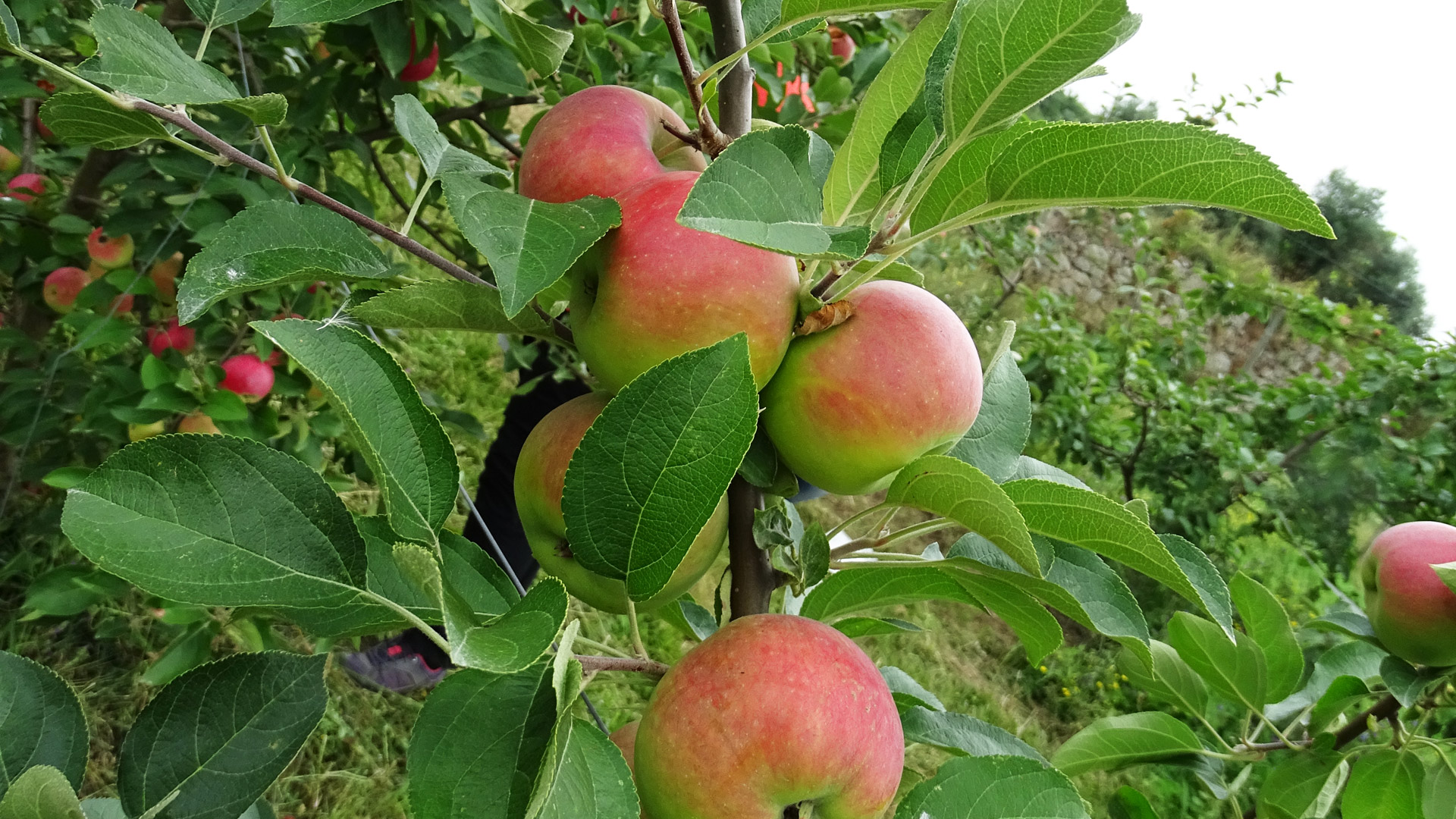Quick Accesses
- IPVC
- Sobre o IPVC
- Escolas IPVC
- Serviços
- Académicos
- Administrativos e Financeiros
- Bibliotecas
- Expediente e Arquivo
- Gabinete de Avaliação e Qualidade
- Gabinete de Comunicação e Imagem
- Gabinete de Mobilidade e Cooperação Internacional
- Informática
- Recursos Humanos
- Apresentação Geral
- IPVConcilia
- Avaliação de Desempenho
- Procedimentos Concursais
- Título Especialista
- Formação Profissional
- Publicitação de Atos
- Bolsa de Recrutamento de Pessoal Docente
- Lista de Pessoal Docente
- Lista Nominativa
- Lista de Pessoal Técnico e Administrativo
- Segurança e Saúde no Trabalho
- Avaliação de Satisfação
- Documentos de Gestão de Recursos Humanos
- Documentação de Apoio
- Secretariado da Presidência
- Técnicos
- Unidade de Gestão de Projetos
- Sistema de Gestão
- Serviços de Ação Social
- Estudar
- Cursos
- Estudante IPVC
- Guia de Acolhimento
- Provedor do Estudante
- Representação da Comunidade Estudantil nos Órgãos da Instituição
- Calendário Escolar
- Propinas e Emolumentos
- Renovação de Inscrição
- Horários e Assiduidade
- Mapa de Exames
- Estatutos Especiais
- Certidões, Inscrições e Requerimentos
- Frequência de Unidades Curriculares Isoladas
- Creditação / Certificação de competências
- Suplemento ao Diploma
- Carta de Curso
- Mobilidade
- Apoio aos alunos
- Legislação e Regulamentos
- Estudante Internacional
- Candidato IPVC
- Acesso e Ingresso
- Ano Zero
- Gabinete de Acesso
- Candidaturas ao Ensino Superior
- Regimes Especiais de Acesso
- Concursos Especiais
- Maiores de 23 anos
- Diplomados de Vias Profissionalizantes
- Reingresso, Mudança de Instituição/Curso
- CTeSP
- Mestrados
- Pós-Graduações
- Frequência de Unidades Curriculares Isoladas
- Matrícula e Inscrição
- Estatutos Especiais
- Propinas e Emolumentos
- Legislação e Regulamentos
- Reconhecimento de Graus e Diplomas
- ALUMNI
- Innovation
- Investigar
- Internacional
- Viver
Menu
Quick Accesses
Colaboradores
(Português) Manual de Acolhimento IPVC
(Português) Formação
(Português) Avaliação de Desempenho
(Português) Bolsa de Recrutamento
(Português) Procedimentos Concursais
(Português) Estatuto de Especialista
(Português) IPVConcilia
Estudantes
(Português) Calendário Escolar
(Português) Serviços Académicos
(Português) Mobilidade
(Português) Provedor do Estudante
(Português) Bibliotecas
(Português) Igualdade
Saúde e Bem-Estar
- IPVC
- Sobre o IPVC
- Escolas IPVC
- Serviços
- Académicos
- Administrativos e Financeiros
- Bibliotecas
- Expediente e Arquivo
- Gabinete de Avaliação e Qualidade
- Gabinete de Comunicação e Imagem
- Gabinete de Mobilidade e Cooperação Internacional
- Informática
- Recursos Humanos
- Apresentação Geral
- IPVConcilia
- Avaliação de Desempenho
- Procedimentos Concursais
- Título Especialista
- Formação Profissional
- Publicitação de Atos
- Bolsa de Recrutamento de Pessoal Docente
- Lista de Pessoal Docente
- Lista Nominativa
- Lista de Pessoal Técnico e Administrativo
- Segurança e Saúde no Trabalho
- Avaliação de Satisfação
- Documentos de Gestão de Recursos Humanos
- Documentação de Apoio
- Secretariado da Presidência
- Técnicos
- Unidade de Gestão de Projetos
- Sistema de Gestão
- Serviços de Ação Social
- Estudar
- Cursos
- Estudante IPVC
- Guia de Acolhimento
- Provedor do Estudante
- Representação da Comunidade Estudantil nos Órgãos da Instituição
- Calendário Escolar
- Propinas e Emolumentos
- Renovação de Inscrição
- Horários e Assiduidade
- Mapa de Exames
- Estatutos Especiais
- Certidões, Inscrições e Requerimentos
- Frequência de Unidades Curriculares Isoladas
- Creditação / Certificação de competências
- Suplemento ao Diploma
- Carta de Curso
- Mobilidade
- Apoio aos alunos
- Legislação e Regulamentos
- Estudante Internacional
- Candidato IPVC
- Acesso e Ingresso
- Ano Zero
- Gabinete de Acesso
- Candidaturas ao Ensino Superior
- Regimes Especiais de Acesso
- Concursos Especiais
- Maiores de 23 anos
- Diplomados de Vias Profissionalizantes
- Reingresso, Mudança de Instituição/Curso
- CTeSP
- Mestrados
- Pós-Graduações
- Frequência de Unidades Curriculares Isoladas
- Matrícula e Inscrição
- Estatutos Especiais
- Propinas e Emolumentos
- Legislação e Regulamentos
- Reconhecimento de Graus e Diplomas
- ALUMNI
- Innovation
- Investigar
- Internacional
- Viver
